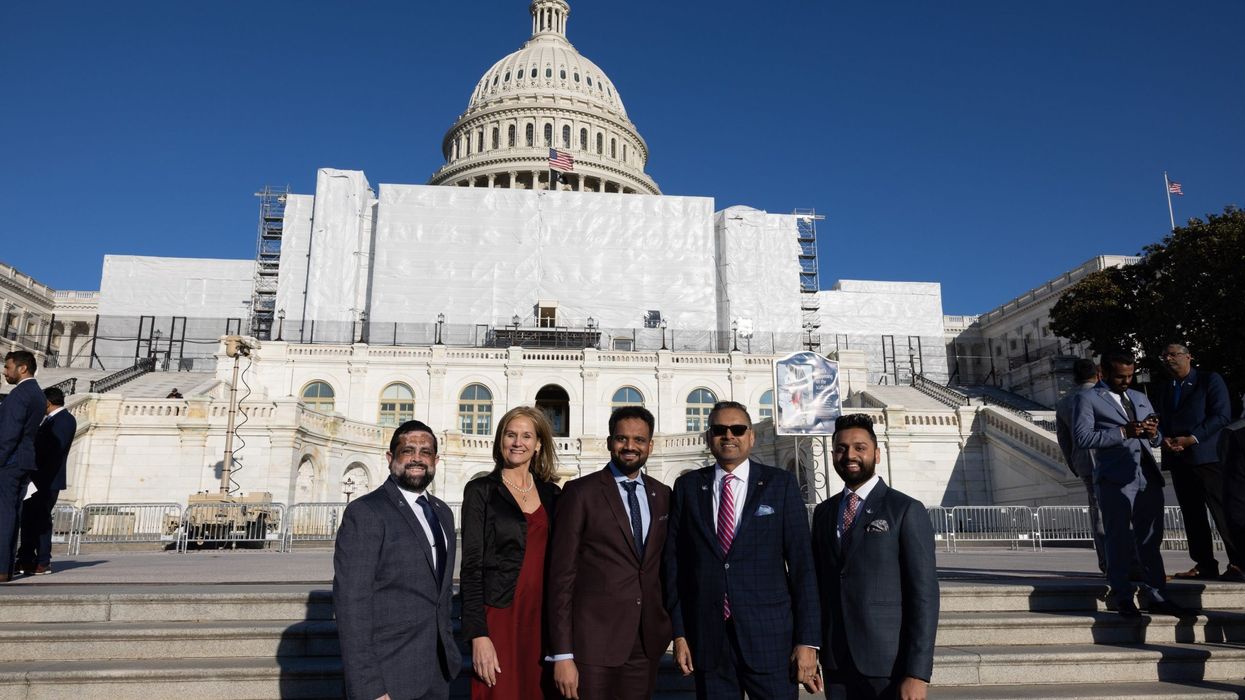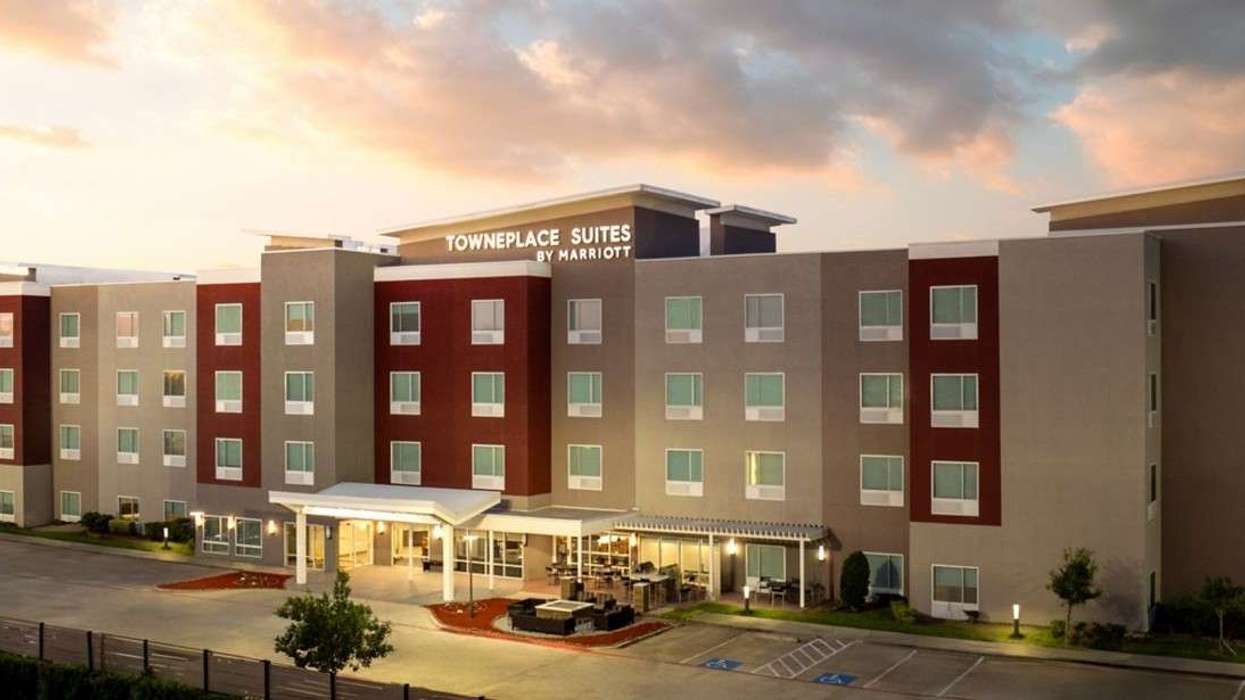GREATER ACCESS TO capital and addressing the severe labor shortage facing the hospitality industry were the major topics to address for AAHOA’s Spring National Advocacy Conference last week. It was the final advocacy conference for Nishant “Neal” Patel as AAHOA chairman.
“It was an honor to attend my final advocacy conference as chairman. We brought nearly 200 AAHOA leaders to Washington, D.C., to advocate on behalf of our industry and on behalf of AAHOA’s 20,000 members,” Patel said in a press release. “Creating relationships with our elected officials is a top priority for AAHOA, and we will continue to work on your behalf, strengthening relationships so we can continue to represent the entire hospitality industry with your best interests at heart.”
The AAHOA reps met with more than 200 elected officials. Their mission included educating those officials on the importance of hotels to their communities and the economy at large. The issues at hand were essentially the same as those addressed during AAHOA’s Fall National Advocacy Conference in September.
AAHOA’s main advocacy objectives include:
More access to capital by increasing Small Business Administration loan caps/limits – Currently, SBA 7(a) and 504 loan limits are capped at $5 million, but AAHOA wants that raised to $10 million, which would be the first increase in the cap since 2010. AAHOA said hoteliers’ costs of constructing and purchasing properties have risen past that cap over the past decade.
Permanently Expand the Earned Income Tax Credit – The EITC helps businesses owners facing a labor shortage to attract more workers. It expired at the end of 2021.
Increase the number of H-2B visas and create a new H-2C visa program to ease the labor shortage – The unemployment rate in the leisure and hospitality sector is 5.2 percent, 36 percent higher than the 3.6 percent overall unemployment rate for the country, according to February 2023 data from the U.S. Bureau of Labor Statistics. The Biden Administration added 64,000 temporary nonagricultural worker H-2B visas for fiscal year 2023 to the 66,000 H-2B visas that are normally available each year. However, the total number of available visas does not come close to the estimated 1.5 million open jobs in the industry, according to AAHOA, which wants Congress to eliminate caps on the program.
Pass the Essential Workers for Economic Advancement Act – EWEA would create an H-2C visa program for nonimmigrant, nonagricultural service workers. It is intended for small businesses in industries with lower educational thresholds and comparatively low sales per employee.
“AAHOA provides a platform to voice our concerns by continuing to strengthen its position and influence in the hospitality industry, as well as in key political circles at the federal, state, and local levels,” said Laura Lee Blake, AAHOA’s president and CEO. “We are making a true difference for the benefit of our members, and it is fantastic to see the impact we are having. I know policymakers will remember us the next time they make decisions affecting the hospitality industry.”
During the SNAC, AHOA also held a HerOwnership panel with Sonali Desai, executive director of the House Democratic Caucus, along with Women Hotelier Directors Lina Patel and Tejal Patel. The panel was held in recognition of International Women’s Day and focused on helping women in entrepreneurship in D.C. and giving women hoteliers the tools to take charge of their hospitality careers.






